We live in a world where the sales landscape changes at light speed every day. Being an effective salesperson in this environment is tricky and requires knowing how to approach both potential and existing clients to create and maintain all-important relationships. While you can’t boil sales down to just using three words, there are three magic words that should be a part of every salesperson’s vocabulary and toolset. Learn these three words and the three words you shouldn’t use to take your sales effectiveness to the next level.
Three Words to Avoid
First, let’s look at three words to avoid in your sales conversations. These are the words “I,” “me,” and “my.” You want to avoid these words because they take the focus away from your client and put it squarely on you. They make the whole conversation about you. This is a critical error in sales.
In any sales discussion, the focus should always be on the client. You do want to express the value of your product to the client, but making it about you by focusing on “features and benefits” can make a prospect feel disconnected.
Instead, you want to present your product as the solution to the client’s problems. You need to keep the focus on them and what they need. They might not even know they need what your product has to offer, but by the time you have presented your product, the client should view it as the solution to a problem they already have or just discovered.
Three Words Every Salesperson Should Know
If “I,” “me,” and “my” are the three words you should avoid, then “you,” “yours,” and “y’all” are the three words you should use in every sales conversation. When you use these three words, you are putting the focus on the client. You’re not focusing on the product but their needs.
A client who is faced with a salesperson who keeps saying, “Our product can do this,” or “We can help tackle that,” can quickly get turned off or just tune out the conversation. Your sales pitch becomes an obvious sales pitch instead of a conversation. What you want to do is create a dialogue that keeps things focused on the client, who they are, and what they need. When you use variations on “you” to start sentences, you’re doing just that.
Framing the Conversation
“You” frames the conversation around what is important to the person with whom you’re speaking. “I” frames the discussion around what you think the client should want or need. You’re telling them how to think and feel instead of addressing how they think and feel. It’s the difference between, “Here’s why I think you should choose our product,” and, “I hear you saying you need this, and this is how the product can fulfill that need.”
Look for ways to keep the conversation about the customer. If they ask what sets your product apart from others, turn it back around and ask what’s important to them and the factors they look for in a product or service. Then you can frame the answer to suit their needs specifically. Not only does this allow you to remain concerned with and focused on the prospect, but you’re eliminating a blind tactic of outlining a ton of features that the client potentially might not need or care about. You’re limiting the conversation to their specific needs.
Y’all and Regional Dialect
“Y’all,” of course, is regional slang, and you should use whatever regional version of the term suits your client—it may be “you all,” “you folks,” or any other regional dialect that means the plural of “you” (maybe even “yous guys”). This is simply being aware of the area you’re in when talking and knowing when to say, “you all,” “you guys,” or even just “you.” Be very careful when applying regional slang, though. In some areas, using the slang still sounds unprofessional, even if it’s commonplace among the people in the area. When speaking to a professional, people have certain expectations, and the wrong usage can come across as tone-deaf, off-putting, or even as “cultural appropriation.”
Learn How to Frame your Sales
If you’re looking for more ideas and or for guidance in framing your sales to increase your revenue exponentially, Sales Arbiter’s team uses proven methods to do just that. Get in touch with us to get started with growing and developing your sales team.











